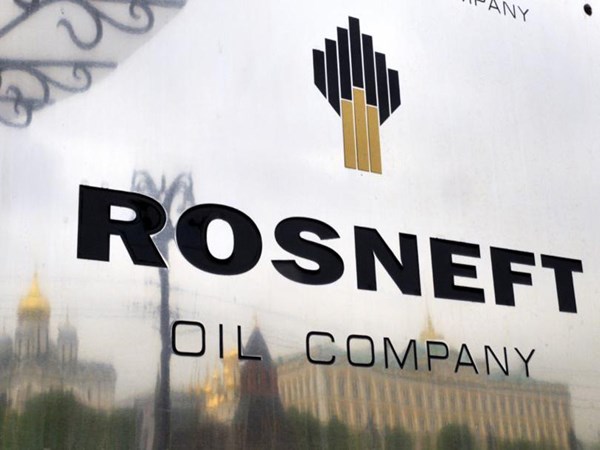Russia’s oil giant Rosneft provides $6 billion loan to Venezuela
Rosneft's advance payments under contracts with the Venezuelan state-owned oil company PDVSA is approximately $6 billion in total; full repayment is expected before the end of 2019, as stated during a conference call on August 8th by Alexander Krastilevsky, Vice President and Advisor to the President of Rosneft and Director of the Department for Planning, Performance Management, Development, and Investments in Refining, Commerce, and Logistics. He specified that $5.7 billion is the principal prepayment amount and another $245 million is the interest payment due.
Rosneft does not plan to make new advance payments to Venezuela for oil and oil products, said the first Vice President of Rosneft, Pavel Fyodorov, during the same conference call. He specified that the PDVSA’s situation may change. "We are making all efforts to have these prepayments made in a way that guarantees payments made," he said.
Krastilevsky noted that the repayment of debts is in accordance with the schedule and began in 2016. "To date, $743 million in repayment has been made to the principal and another $489 million in interest payments have been made. We expect the final repayment in the form of oil and oil products which are strictly controlled and are in accordance with the approved schedule," he added.
Rosneft informed that there had been two contracts for the purchase of oil from Venezuela. The first was signed in May 2014. At that time the company stipulated that it planned to purchase 1.6 million tons of oil and 7.5 million tons of oil products within the next five years. Prepayment for that contract was $2 billion. In November 2014, Rosneft disclosed that it had agreed to buy another 1.6 million tons of oil and an additional 9 million tons of oil products from Venezuela within five years (the amount of prepayment under this contract was not disclosed). In June 2015, the company entered into an agreement "On the basic conditions for the supply of Russian Urals oil to Venezuela" without reporting the timing and volume of fuel supplies included in it. In July 2016, Rosneft and PDVSA signed the key terms of the contracts for counter supplies of oil and oil products, which were to begin in 2016. The companies did not disclose the details of this agreement either.
In April 2017, Rosneft issued a new advance in the amount of $1.015 billion to the Venezuelan PDVSA as part of the oil supply contract, as indicated in the company's report for the first half of 2017. During 2016, the company issued several advances to PDVSA, one worth $500 million in May, two more advances in November of $500 million and $205 million, and one in December worth $280 million. The total sum of advances amounted to about $2.5 billion in five tranches.
In November 2016, Rosneft Trading secured a 49.9% stake in Citgo, the American subsidiary refinery controlled by PDVSA. Canadian Crystallex assumed that these shares could be collateral for the $1.5 billion loan.
Venezuela is in a difficult financial situation. According to the Fitch rating agency, by the summer of 2017, Venezuelan currency reserves fell to $10.1 billion, a 7% decrease since the beginning of the year and a 90% decrease from its peak in 2013. Inflation in the previous year was 900%, and the GDP decline was 12%. Fitch has assigned a CCC rating to Venezuela's long-term obligations, indicating the maximum likelihood of default. However, the Chief Executive Officer of Rosneft, Igor Sechin, said on August 3rd that the company intends to increase cooperation with this country. "This country is number one in the world in terms of hydrocarbon reserves. From that perspective, any oil and gas company should strive to work in this country," he said as quoted by Interfax.
